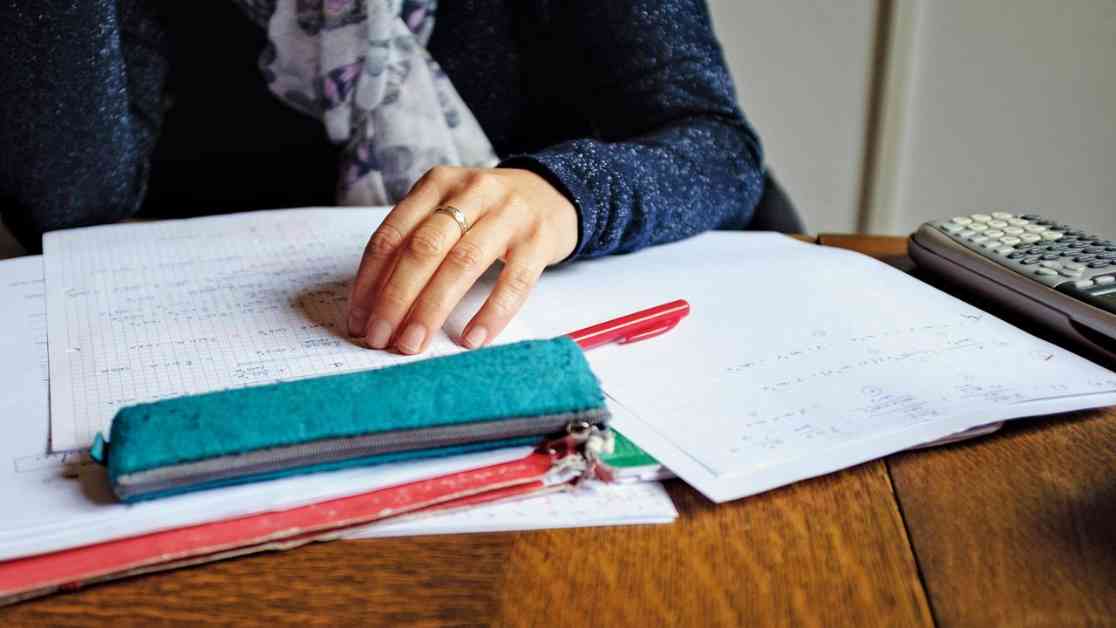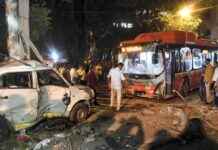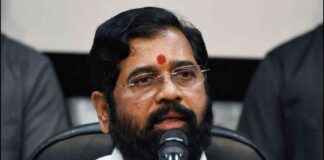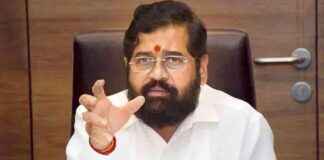The education system in Maharashtra is undergoing a significant transformation with the proposed introduction of a negative marking system in state board schools. This move aims to move away from rote learning and towards fostering critical thinking skills among students. The State Council of Educational Research and Training (SCERT) chairman has indicated that the recommended assessment methods will provide teachers with the flexibility to choose how they assess students.
In addition to negative marking, the revised Maharashtra State Curriculum Framework (SCF) also suggests the implementation of open-book exams, practical assessments, and self-assessment models. These changes signal a shift towards more dynamic learning approaches and aim to align Maharashtra’s educational standards with modern assessment methods.
The SCF’s recommendations include a variety of evaluation methods such as objective, descriptive, and puzzle-based questions, as well as practical exams that prioritize experiments, art projects, and activities. The introduction of open-book exams allows students to use notes and reference materials during tests, encouraging a deeper understanding of subjects.
While these proposed changes have sparked debate, with some questioning the need for foundational improvements in schools first, others see them as positive steps towards preparing students for competitive exams. Arundhati Chavan, president of the PTA United Forum, believes that effective implementation of these changes will be key and that proper training for teaching and administrative staff will be crucial.
Overall, the proposed overhaul of the evaluation system in Maharashtra state board schools reflects a commitment to enhancing critical thinking skills and real-world problem-solving abilities among students. By introducing a range of modern assessment methods, the education system in Maharashtra is taking a proactive approach to adapt to the evolving needs of students and prepare them for future challenges.




















